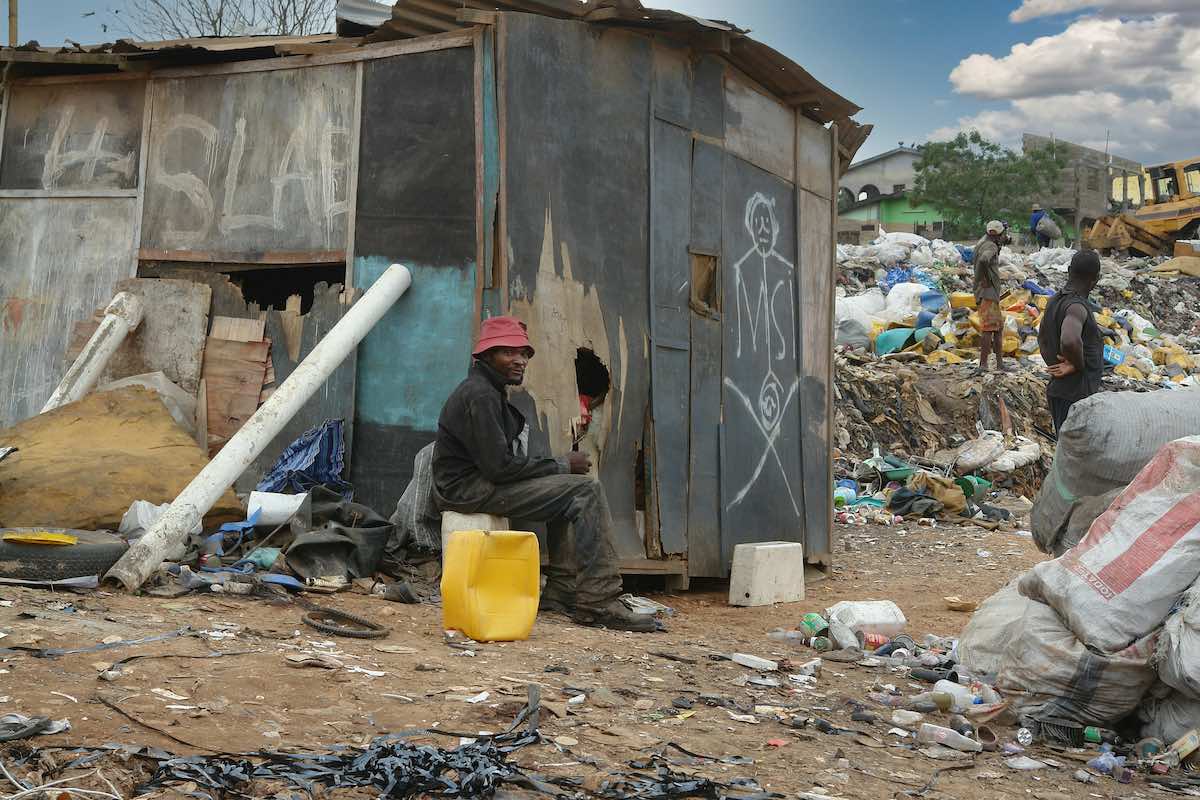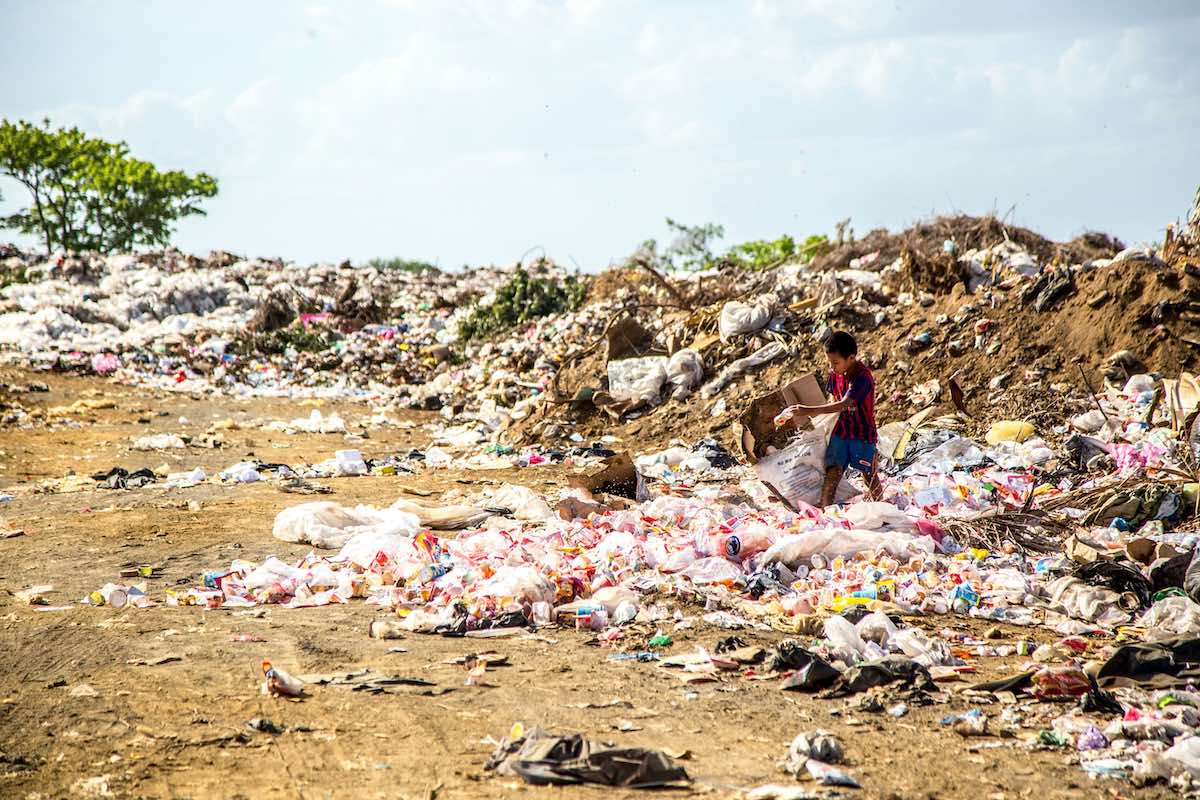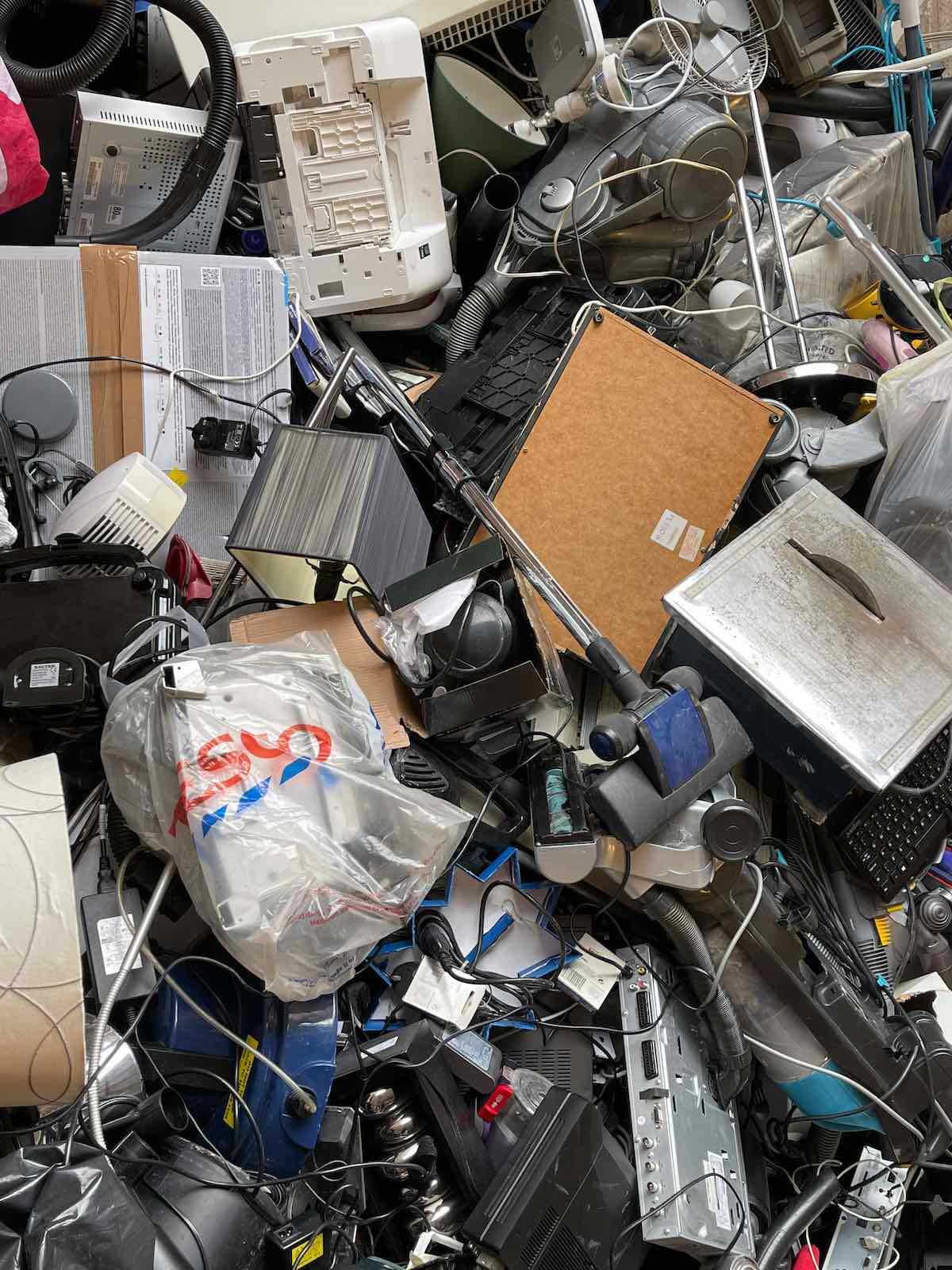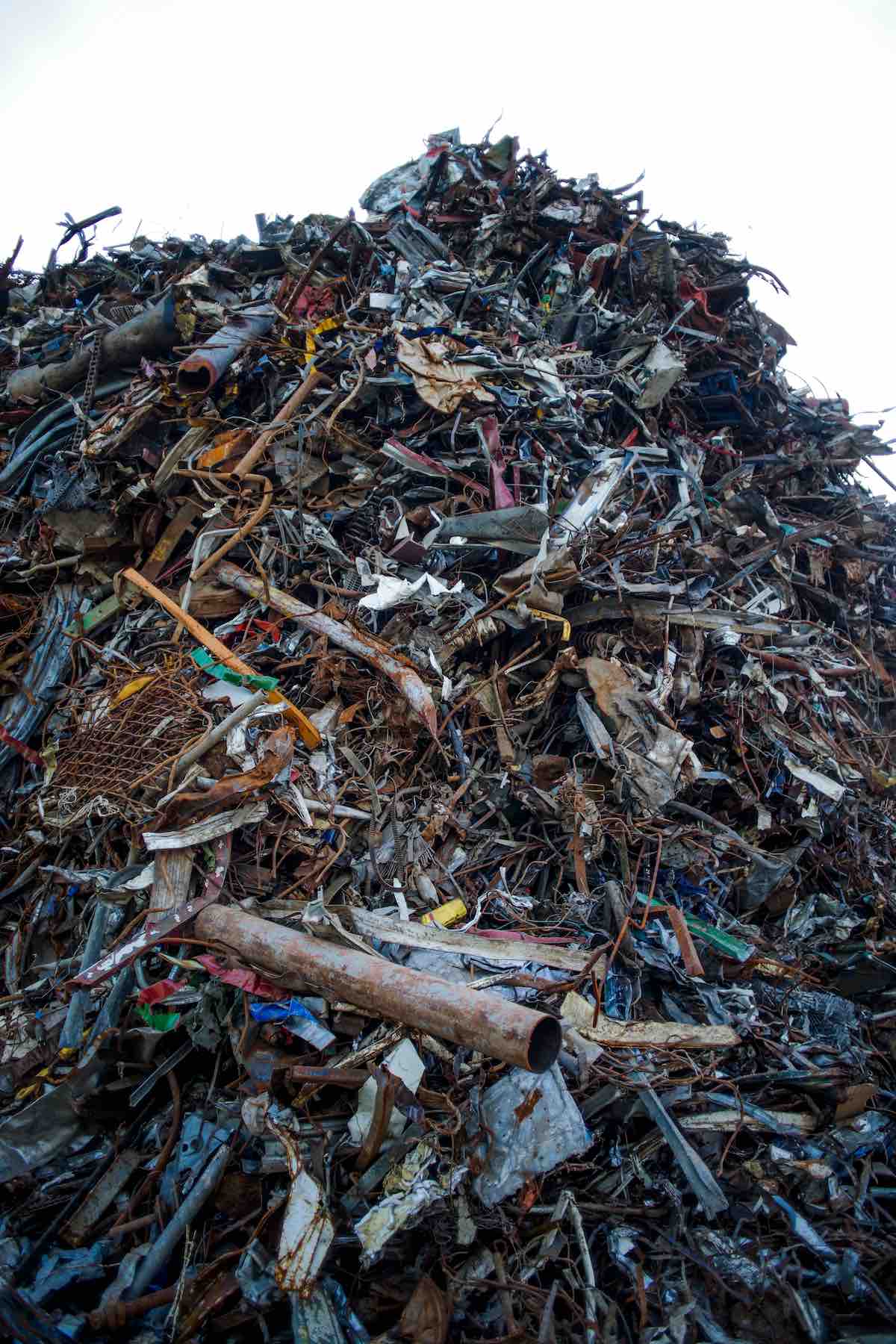
The Human Toll Of Fashion | The Untold Story Of Waste Pickers
Waste picking is an industry that is both socially and legally ignored. These workers are key to creating a circular economy and reducing waste, yet they are unrecognised and unsupported. Everyone plays a role in waste production so it is important to learn about the people who are forced to deal with the problem.
WHO ARE WASTE PICKERS?
Waste pickers are workers who wade through garbage searching for items that can be sold or recycled. These individuals work in landfills/dumpsites, on the streets, in recycling centres and some even go door to door. Our society produces mountains of textile waste, e-waste, plastics and more. Waste pickers play an unrecognised role in many industries, from community waste management to working within the value chain finding goods to resell or upcycle. But the conditions they face are dire. Workers are exposed to hazards such as chemicals from toxic substances and diseases from unhygienic conditions. The work is also often illegal, largely consists of child labour and is deeply intertwined with human trafficking.
The textile sector produces millions of tonnes of waste annually, meaning there are multiple clothing dumps around the world. Textile waste pickers collect and sort discarded clothing and fabric materials. Materials are then sold or upcycled into reusable goods that can be made into new products, or dismantled into fibres that can be resold.

THE PROBLEMS THEY FACE
Textile waste pickers face both unique and similar problems to other waste picking sectors. Their exposure to harmful chemicals from the dyes and fabric treatments can lead to respiratory problems, skin conditions and other health issues. They are also at risk of developing injuries and long-term health problems from the physical nature of searching through dumps without protective equipment.
Another issue with waste picking is its status as an informal sector. Waste pickers, including those focusing on textiles, lack legal recognition and rights, making it difficult to access protections, benefits, and support systems. This exacerbates their economic vulnerability with unfair wages and no job security. In addition to this, there is a social stigma around the role that limits social mobility and perpetuates cycles of poverty.
Child labour and trafficking are rife in the waste-picking industry. Countries with large textile production industries, such as India, Bangladesh and Cambodia, are known to have many textile waste pickers. In India, these workers are often referred to as ‘rag pickers’. There are 300,000 ‘rag pickers’ in New Delhi alone. Around half of these workers are under the age of 14. Children are involved due to the lack of skill required and because communities living near dumpsites often need extra income.
In some cases, waste pickers are lured into the industry with promises of loans, housing, or other forms of assistance. Once they accept, these workers are trapped in a situation where they must continue working to pay off their loans. Women waste pickers are even more vulnerable as they face an increased risk of sexual exploitation. The lack of legal and formal recognition of this sector means that all of these abuses go unchecked and unchallenged.


EFFORTS TO IMPROVE CONDITIONS
There are calls to improve these conditions. These include calls for formalisation, the provision of protective equipment, social and economic support and legal recognition and advocacy efforts. In Nairobi, a Justice For Waste Pickers Campaign has been launched, where waste pickers came together to push for legislative recognition for the sector.
Many organisations and NGOs also provide waste pickers with health and safety training and financial literacy, aiming to empower workers and enhance their opportunities. Some initiatives focus on providing access to basic healthcare and others work to introduce helpful technology.
Brazil is a pioneer in its efforts to formalise waste pickers. The country recognised their essential role in recycling and waste management, creating policies that encourage municipalities to partner with waste picker cooperatives. These cooperatives give waste pickers more stability, better income and access to social services like healthcare and education. This formalisation has also helped reduce the stigma around waste picking due to public awareness campaigns.

+ Highlight Image: ©Bill Wegener via Unsplash








